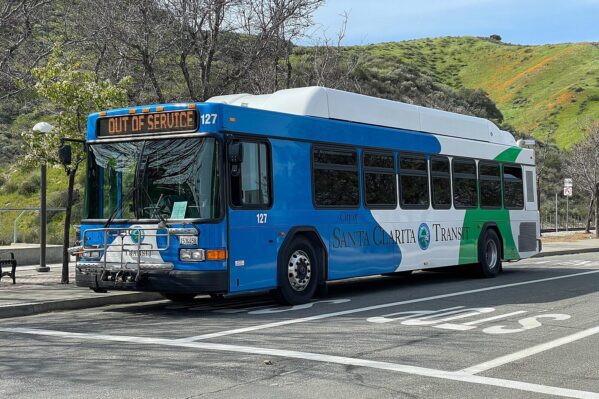For the second time in less than a year, a judge has ruled a man who worked for 18 years as an electronic journeyman at Boeing Corp.’s Torrance plant can move forward with his claims against the Dow Chemical Co., in which he alleges his longtime exposure to a Dow cleaning solvent caused his Parkinson’s disease.
Torrance Superior Court Judge Gary Y. Tanaka issued his ruling Thursday, three days after having taken under submission Dow’s motion to dismiss all or part of the case brought by Daniel O’Leary, and his wife, Darla O’Leary. Daniel O’Leary’s claims against Dow include strict liability and fraudulent concealment and his wife alleges loss of consortium. Both seek punitive damages.
Tanaka made a similar ruling last December, but Dow renewed its dismissal motion based on a claim of new evidence. The chemical company lawyers maintained that after conducting a deposition of a witness relied upon by the plaintiffs in the prior dismissal motion, the witness’ testimony was shown to be unreliable. Dow attorneys also stated that their discovery upon Boeing did not obtain evidence that Daniel O’Leary was exposed to Dow chemicals.
However, in his recent ruling the judge referred to a sworn declaration from Daniel O’Leary’s former co-worker Jesse Fuentes, who stated that 55-gallon drums of TCE with the Dow logo were stored at the Boeing facility and that he and Daniel O’Leary used that product regularly.
“As to portions of Fuentes’ deposition testimony which (Dow) contends are contradictory, the court merely deems this to be an issue of credibility for the (jury),” Tanaka wrote.
The plaintiffs’ attorneys also submitted a declaration from another former Daniel O’Leary co-worker, Thomas Banks, who said Daniel O’Leary and other Boeing employees used TCE, a statement that provides a triable issue for the jury regarding the plaintiff’s TCE exposure, Tanaka wrote.
Daniel O’Leary was employed at a machine shop at the Boeing plant from February 1982 until September 2000 and worked on electronic machine parts and used various solvents during that time, according to the complaint brought in June 2018 in which the O’Leary’s sued Dow and multiple other defendants.
In the 1990s, Boeing began using a degreaser called NEU-TRI that contained trichloroethylene, also known as TCE, the suit states. TCE, a chemical compound and halocarbon commonly used as an industrial solvent, has been the subject of numerous groundwater-contamination lawsuits.
In their court papers filed in connection with the first dismissal motion, Dow attorneys argued that Daniel O’Leary’s evidence was speculative and noted that the company’s own sworn declarant concluded based on her review that no records existed showing that Dow sold or shipped NEU-TRI to Boeing or its predecessor, the McDonnell Douglas Corp., at its Torrance, Long Beach, Huntington Beach or Seal Beach locations from 1979-98, including Daniel O’Leary’s exposure dates claims.
Throughout his time at Boeing, which is not being sued, Daniel O’Leary was required to buy NEU-TRI from Dow so it could be used on Boeing electrical parts and motors, his suit states. He was exposed to NEU-TRI daily from minutes to several hours daily, according to the complaint.
Daniel O’Leary ultimately developed Parkinson’s disease in June 2011 as well as other illnesses due to the exposure for which he requires constant care, according to his lawsuit. He learned in June 2016 that his health problems could be related to his work at Boeing, the suit says.
Daniel O’Leary alleges Dow failed to disclose to him and to Boeing that NEU-TRI contained TCE, which was known to cause Parkinson’s disease.






